You may be nervous about giving eggs to infants and children, but eggs are naturally nutritious and a good source of protein to support children’s growth.
When can I give my baby eggs?
The early years of a child’s life are a time of rapid growth and development. For the first six months of their life, breast milk or infant formula supply all the nutrition a baby needs. However from six months of age, foods need to be introduced to complement milk. After the first year, healthy food becomes an important part of a child’s world as milk intake is reduced and more foods are eaten.
Infants and toddlers should be given and encouraged to eat a wide variety of foods to make sure they get the necessary vitamins and minerals to complement the rapid growth occurring in their bodies. A variety of foods also exposes toddlers to different textures and flavours.
Plunket recommends including mashed egg in a babies diet from the age of 7-8 months.
Mashed egg is not only an easy food for a young child to eat and digest but eggs are also the base of many healthy well balanced meals. Eggs are very nutritious as they contain a range of nutrients including high quality protein, good fats, vitamins and minerals. It is important to include both the yolk and white in a child’s diet as they provide different nutrients. Egg white contains only protein. Egg yolk contains all the fat, some protein and most of the vitamins and minerals.
Protein is made up of 20 amino acids and the quality of the protein is determined by the balance of the amino acids present. The protein in egg is called high quality or ‘complete protein’ because it contains all the essential amino acids needed for growth, development and health. Essential amino acids are those that cannot be made by the body and therefore need to be sourced from foods we eat. For their weight eggs provide the highest quality protein of all foods.
Fat is an important nutrient but like many things it is all about balance – not too much and not too little. Eggs are incorrectly thought to be high in fat but in reality a large egg contains only about 5 grams of fat and less than half that is saturated fat. The fat in eggs supplies energy and fat-soluble vitamins, both important for growth.
Important: The first time you introduce your baby to any new foods be sure to watch for signs of allergic reactions including hives, difficulty breathing or asthma type symptoms, swelling of the mouth or throat, vomiting, diarrhea and even loss of consciousness. If this occurs seek immediate help and call emergency services to assist.
Can children eat eggs every day?
Eggs are an ideal food for inclusion in children’s diets as they are naturally nutritious and provide useful amounts of folate, vitamin A, iron, zinc, iodine and omega-3s in particular. Eggs also provide a very good source of protein for children to support their growth.
Eggs are so versatile and there are many nutritious recipes that kids will love, and they have a very useful role in the diets of children who may be fussy eaters who may refuse to eat other foods.
Due to their high quality protein and 11 vitamins and minerals, eggs are a great choice for kids and can be enjoyed by most people every day.


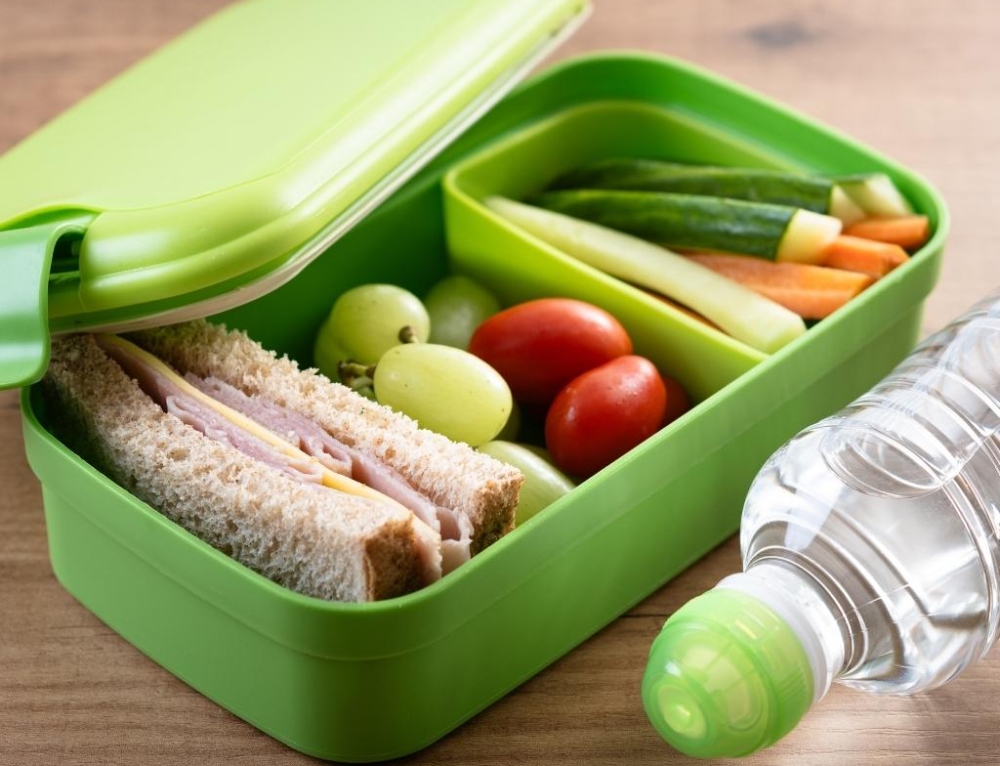
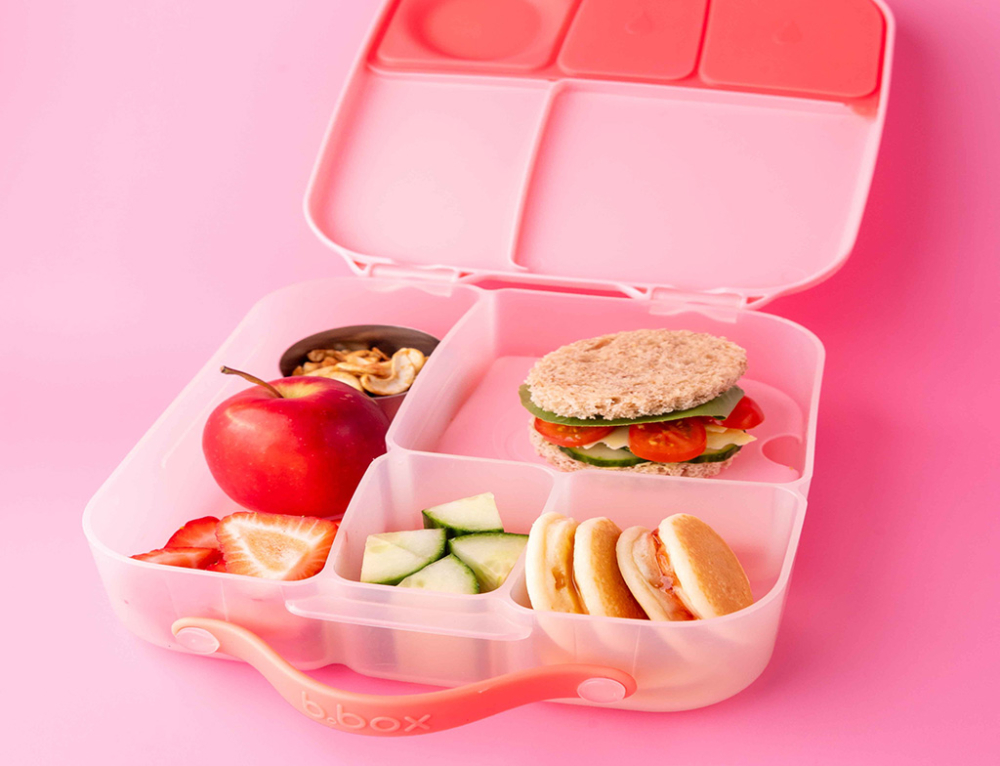
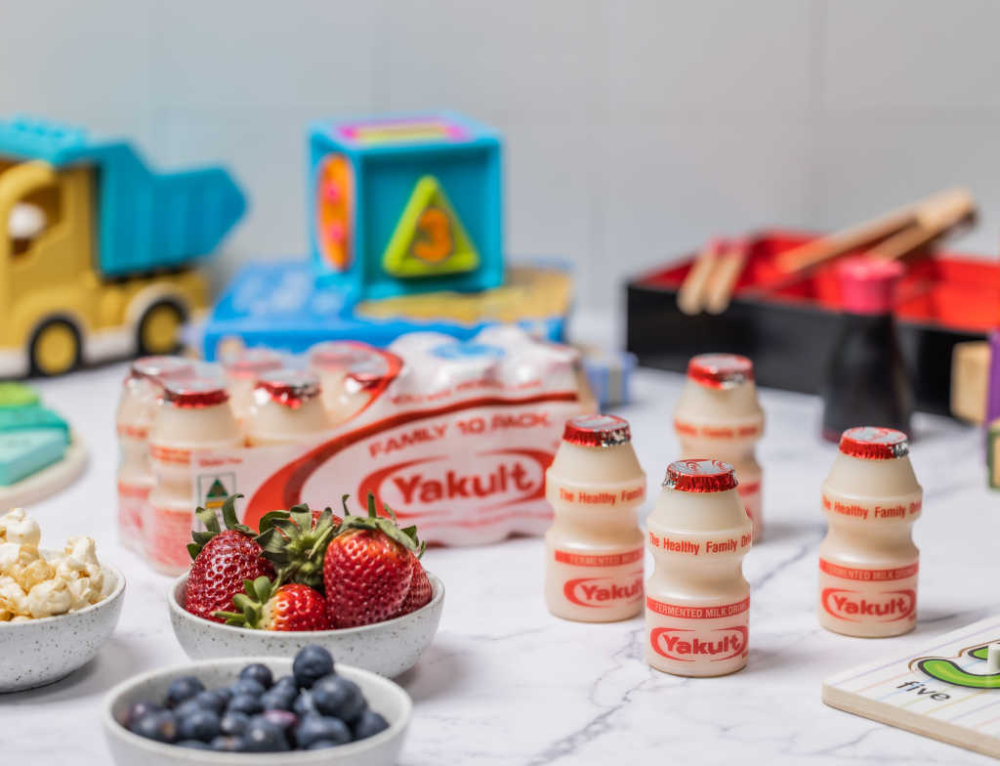
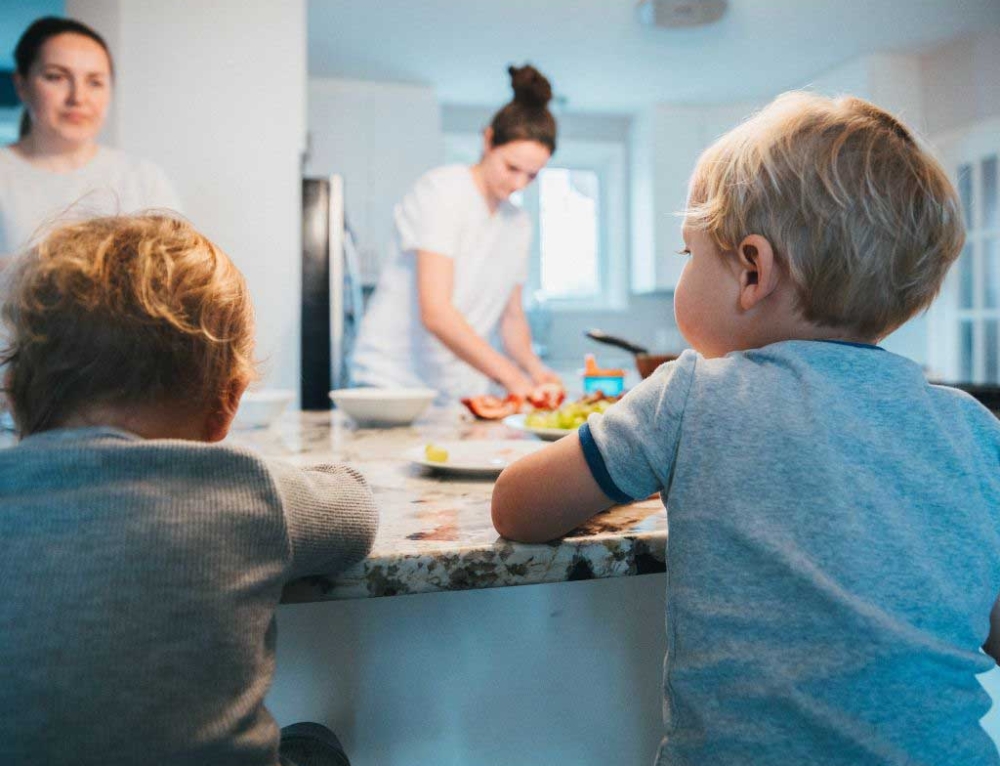
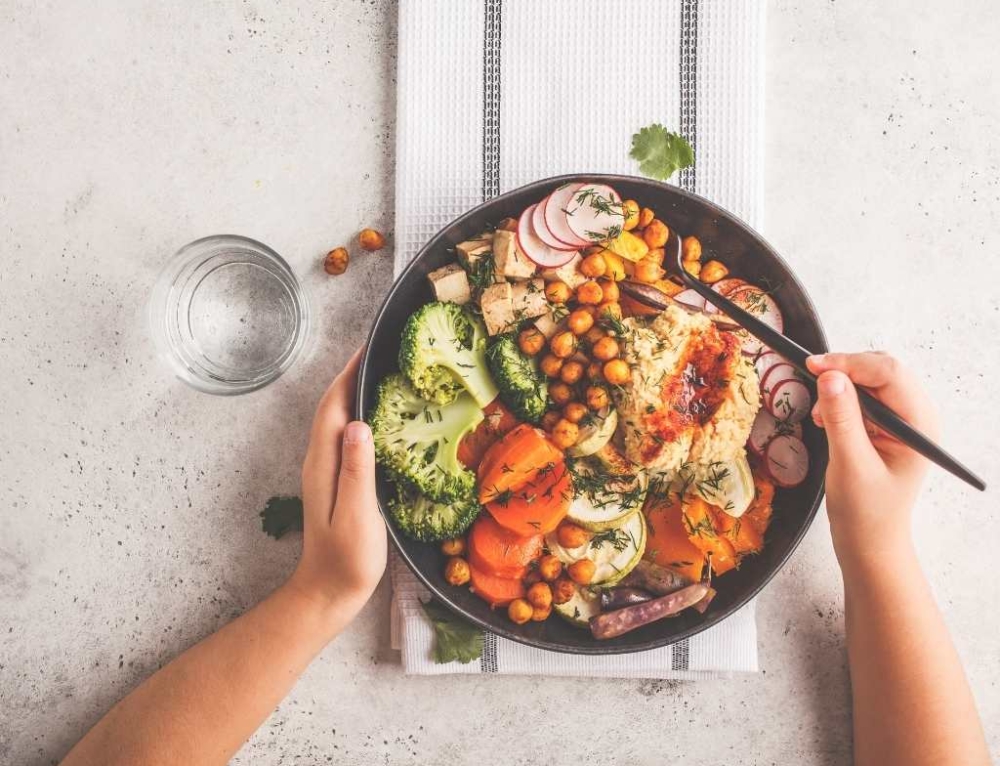
My family and I love eggs and especially love our weekly eggs for breakfast on a Sunday from our free range chickens! Our eight month old just tried scrambled egg for the first time on the weekend and she loved it! No reaction too so hopefully that will stay like that!
My son had an initial reaction when I gave him eggs the first time. I did panic a little and I didn’t want to believe that he will be allergic to eggs coz I love eggs. I did try the second time around and there was no reaction. It was probably just the first time. My now 4 year old son doesn’t really like eggs unless it’s mixed in rice or noodles where he can’t actually see the egg. Years from now, will see how he likes eggs.
I love a good fried egg with salt,pepper and chilli sauce in a toasted sandwich… i do believe that introducing a baby too late to these rich foods makes them allergic…but i am obviously not an expert…just feel thats the case
..i did read that research has proven these things too. One thing my mum used to do was blend egg with vanilla essence and milk and make a milkshake of it…it was delicious…
My kids love eggs and eat them often, miss 7 love fried eggs on toast and mr far-too-fussy 5 eats the whites only but really enjoys them!! The teenagers will often whip up omelettes or scrambled eggs for lunch.
Interesting read! My daughter absolutely loves eggs she has potched eggs with her dad alot of the time. Good to know they are a great health source for development. My son is fussy like me and doesn’t eat eggs unfortunately couldn’t even get him to try them sadly enough. My daughter’s favorite egg dish would be bacon and egg pie. She loves it.
All 3 of my children like eggs. My daughters always makes scrambled eggs for breakfast every morning. I never realised how good they are you you until reading this also with the great tips on what age to introduce eggs.
I’m so gutted my 6 year old won’t eat eggs – she hates the feel and the smell haha. I love eggs and hubby and myself eat organic free range eggs almost on a daily basis. I’m sure she will change her eating habits as she gets older, it’s just annoying as scrambled eggs are a great weekend lunch meal!! 🙂
All 3 of my kids love their eggs, their favourite way to eat them is poached on some butterly toast topped with tomato sauce.
Both my boys love scrambled eggs! I just add a little butter to the pot, melt and then scramble the eggs on top. So simple and yet so delicious! My 4yr old loves a little BBQ sauce on top, my 10yr loves them straight out of the pot. I love mine with a little salt, pepper and tomato sauce! Eggs are so versatile, and a great accompianment to our cooking.